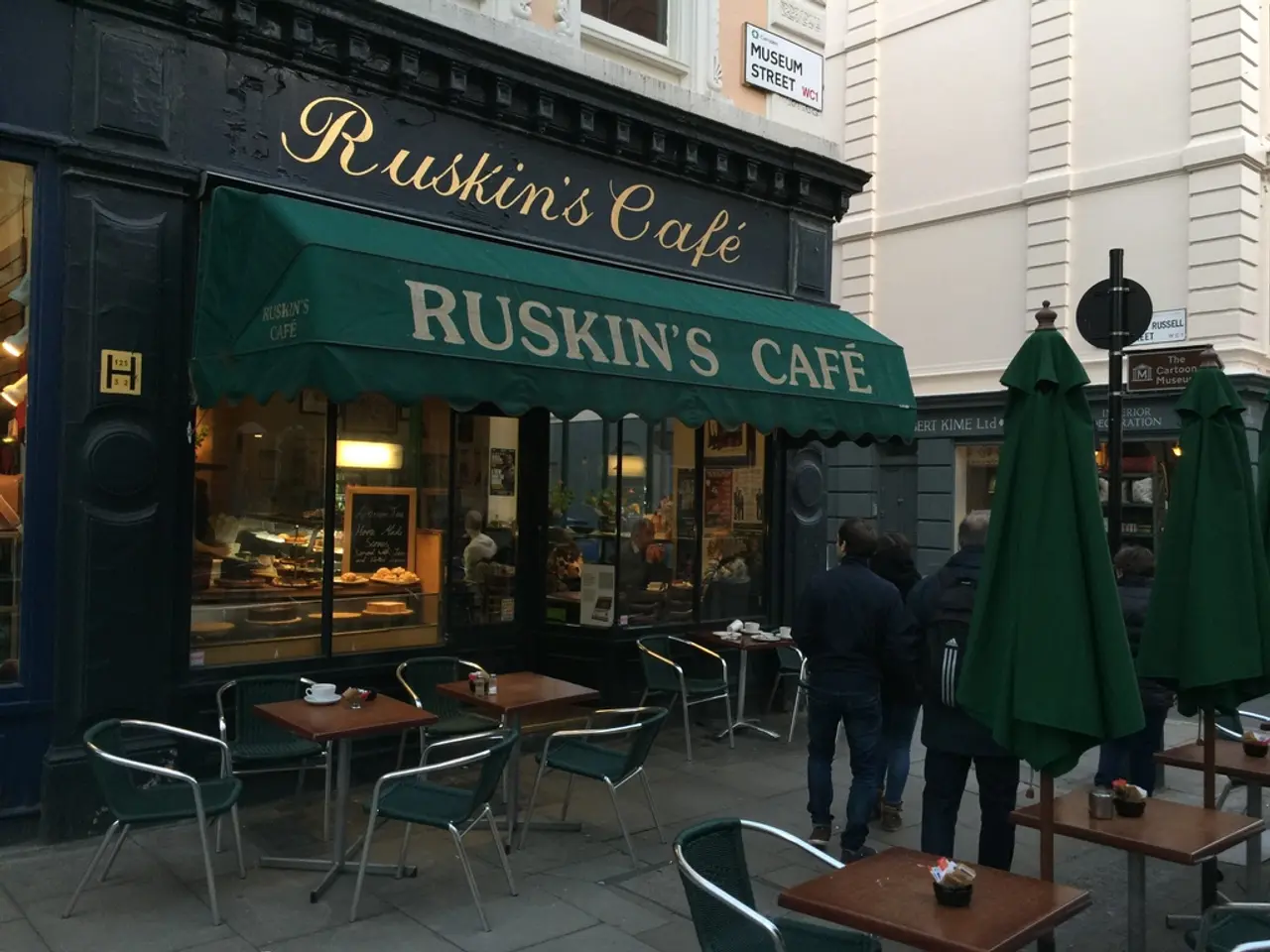"Escape Haven for Youthful South Koreans: A Place to Evade Protracted Work Hours and Solitude"
In the bustling city of Seoul, South Korea, a national emergency of isolation is looming. According to researchers at the Korea Institute for Health and Social Affairs (KIHASA), one-third of Seoul's population lives alone, with 64% of single-person households under the age of 39. This staggering statistic is a reflection of the city's punishing work culture, earning it the nickname "Hell Joseon."
The city's high costs for housing and child education make it difficult for families to create a stable economic foundation, pushing many young adults to seek opportunities abroad. Nurse Brianna Lee, 30, is one such individual who left South Korea for Canada to escape long shifts and judgment. Another, Kim Ji-ung, struggled with loneliness in Seoul in 2018.
Kim's story is not unique. Seoul's 19 to 39 age group has been shrinking for decades, dropping from 3.18 million in 2016 to 2.86 million in 2023. This demographic shift has led to a worrying trend: a city survey found that 62% of single dwellers in Seoul feel persistently lonely, and 13.6% are socially isolated.
The country's high suicide rate is a stark reminder of this isolation. In 2024, South Korea reached 28.3 per 100,000, the highest rate among OECD states. Kim Ji-ung contemplated suicide during his morning commute, a feeling exacerbated by the sudden collapse and death of a friend at work.
Authorities have taken notice of this crisis and have launched a $322 million plan to counter isolation. The initiative funds hotlines, community hubs, and incentives for families. Initiatives like Don't Worry Village in Mokpo, a city of 210,000 with many abandoned buildings, aim to lure young adults out of Seoul.
Don't Worry Village, founded by Lee Jin-gu, is a retreat that offers a respite from the fast-paced corporate lifestyle of Seoul. Out of 2,000 visitors, only 20 remained, a testament to the deep-rooted isolation that plagues South Korea's young adults.
Hong Dong-woo, the founder of Don't Worry Village, left Seoul for the same reasons. He sought a life free from the pressures of material wellbeing, a value that South Koreans prioritise over family, unlike most advanced nations, according to surveys.
As South Korea grapples with this national emergency, it is clear that drastic measures are needed to address the isolation that plagues its young adults. Whether it's through initiatives like Don't Worry Village or a shift in societal values, the future of South Korea's youth depends on it.
Read also:
- Unfair Expenditure Distribution, Secret Tourists, Looming Rabies Threats: Latest News Roundup
- Hydrogen: Eco-friendly Alternative or Energy Imperialism Debate?
- Hydrogen: Environmentally Friendly Alternative or Energy Imperialism?
- Top-Picked Resistance Bands for Elderly: Comprehensive Guide on Their Usage








